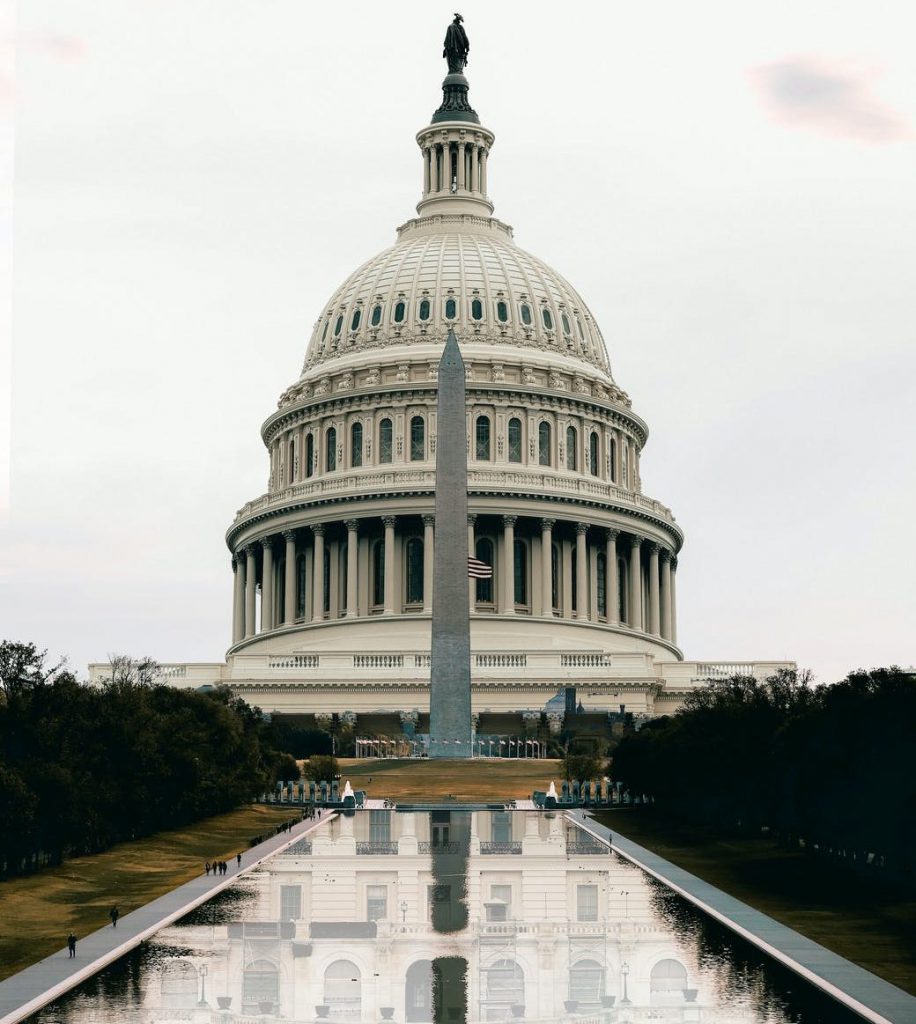Overview:
For decades, the federal Voting Rights Act of 1965 (VRA) protected the right to vote across the country. The Supreme Court, however, gutted one of the most significant portions of the VRA in 2013 when it struck down the pre-clearance formula in Section 4(b) in Shelby County v. Holder. In the last few decades federal court decisions have watered down the remaining portions of the VRA. Elimination of pre-clearance has decimated voting rights protections in jurisdictions that were covered under the formula and has led to a swift rise in anti-voter laws that have restricted the elective franchise. In the rest of the country, the nationwide protections of the VRA are proving less and less effective. Despite a weakened VRA, individual states have been slow to adopt legislation to preserve the right to vote, and few states currently enshrine state level causes of action that enable individual voters or groups representing voters to challenge voting and election laws or schemes.
This model code was a result of a project in partnership with students from the UCLA School of Law. Student authors are Ronak Patel, Aaliya Kapadia, Sophie Kosmacher, and Alton Wang.











